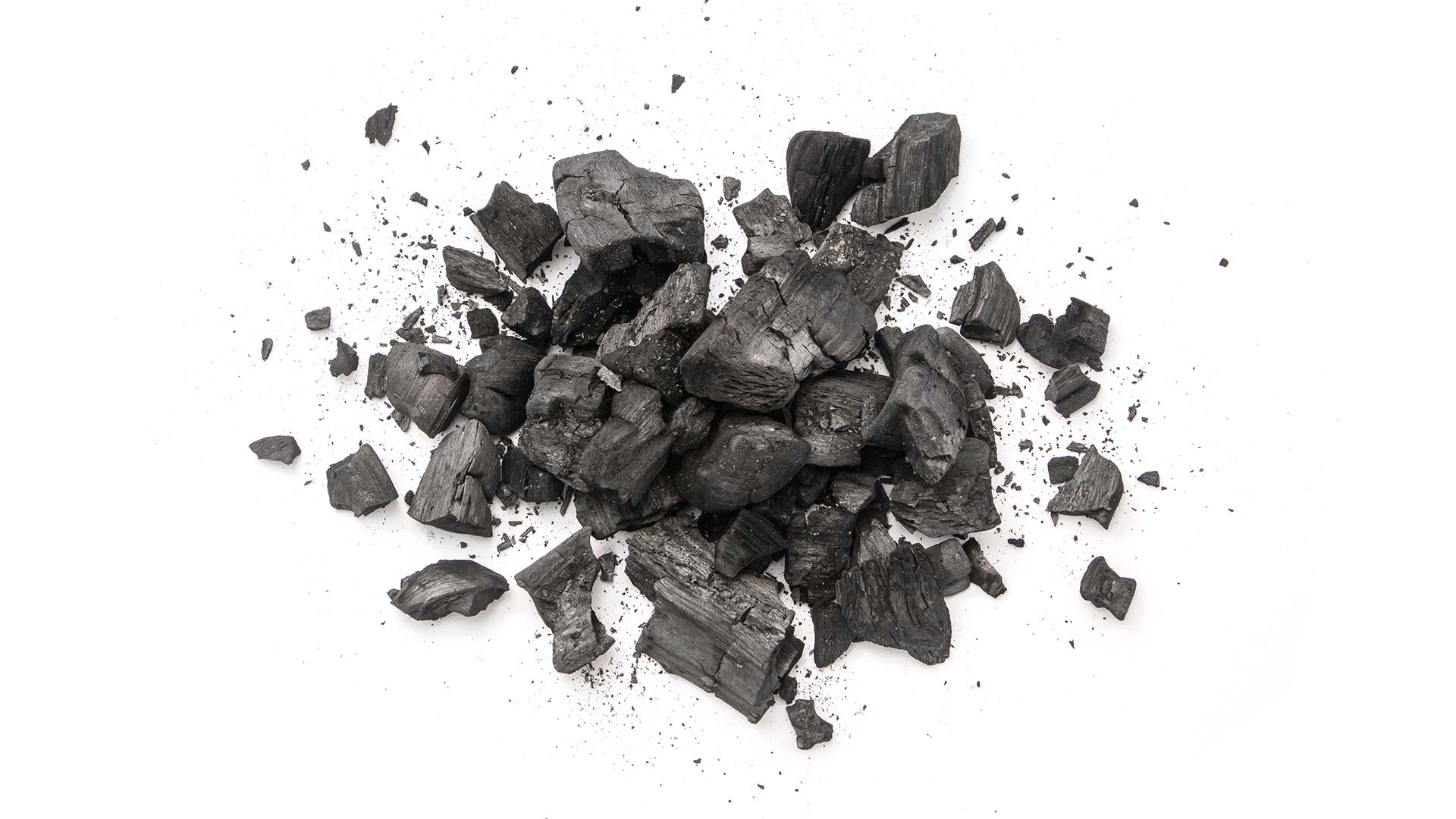One of the most urgent issues of our time, the climate crisis is spurring a response among businesses everywhere – and Chartered Accountants Worldwide member institutes are contributing to the global effort.
We surveyed our member institutes to find out what practical steps they are taking to tackle climate change and sustainability. This is the first of a four-part series of articles where we outline our members’ responses.
Each article will cover a theme, starting with internal initiatives that members are undertaking. The next four articles in the series will respectively cover: their work with governments and regulators; awareness raising efforts; Chartered Accountants’ activities in tackling climate change; and the role that Chartered Accountants play in their countries’ efforts to work towards the 2030 sustainability goals.
Each member institute is at a different stage of their climate journey, so the series is not intended to compare so much as to identify themes and show the broad direction of travel. We hope that by documenting the institutes’ work to date, it will trigger ideas that others can follow on their own path to sustainability.
SAICA’s steps to sustainability
The South African Institute of Chartered Accountants (SAICA) is taking multiple steps as part of a commitment to reducing the organisation’s environmental impact. Before and during the pandemic SAICA’s facilities team initiated several initiatives, which included replacing all bottled water with water-dispensing units as well as introducing recyclable paper cups. The team also retrofitted all lighting with low-wattage LEDs and installed ‘low-flow’ water faucets in all taps to reduce water usage. It also appointed an external waste management company to handle the recycling of all paper, including paper cups.
Given that most SAICA staff are working remotely during the pandemic, they have moved to virtual meetings and conferences and international travel has been put on hold. The SAICA facilities team will continue to explore opportunities to reduce the organisation’s environmental footprint. One example of this is reducing paper usage by having electronic health screening for COVID-19 for everyone entering the SAICA offices.
ICAEW’s ambitious climate targets
ICAEW has been measuring its carbon footprint since 2015 2015 and continues to focus on ways to reduce its emissions. It reports this progress annually through the CDP (formerly the Carbon Disclosure Project) and every four years to the UK Government’s ESOS (Energy Savings Opportunity Scheme).
Even before Covid-19 struck, ICAEW had reduced operational emissions through a comprehensive recycling process where no waste goes to landfill, changing the lighting in Chartered Accountants’ Hall to LED, moving to virtual conferencing and reducing international travel.
Last year, ICAEW reached a 20% reduction in emissions, and subsequently the Institute’s board endorsed a proposed roadmap to become carbon neutral. To make this happen, the organisation purchased a series of carbon offsets against its entire annual greenhouse gas (GHG) emissions.
The roadmap proposal also included commitments to reduce remaining emissions by a further 20% by 2025 and 40% by 2030. The plan identifies a series of internal actions to achieve this, with projects that include exploring the potential for installation of electric boilers at Chartered Accountants’ Hall, as well as moving the Institute’s data centre to the cloud.
Addressing travel emissions is a key part in ICAEW’s efforts. It changed its flight policies to ensure staff take no internal flights within the UK. Always looking to improve on its efforts, in 2020 ICAEW decided to include emissions from employee commuting in its GHG calculation.
Incremental gains in ICAZ’s internal practices
Adding to the drive, ICAZ, the Institute of Chartered Accountants Zimbabwe, describes its journey to being environmentally friendly as being “in its infancy in terms of internal practices”. It has started producing an integrated report that will, over time, include the organisation’s environmental impact.
It’s also focusing on eliminating paperwork by re-engineering the Institute’s activities like student registrations and member management, moving them online instead. Acknowledging that this will reduce paper consumption but increase power consumption, ICAZ has also made plans to install a solar system to minimise the use of electricity from the national grid. The solar system to be installed will use a grid-tied inverter, which will send excess power back to the grid. This, it’s hoped, will reduce the nation’s reliance on traditional sources of power which are predominantly coal powered and thus have a negative impact on their carbon footprint. This is critical because ICAZ intends to lead by example as the Institute will be playing a leading role in adoption of environmentally friendly practices as part of the ESG drive across all sectors within the country.
ISCA takes a multi-pronged approach
In Singapore, ISCA is taking a high-level approach to tackling climate change, with a strong focus on global standard-setting initiatives. ISCA’s Sustainability and Climate Change Committee (SCCC) investigates initiatives to promote the adoption of quality sustainability reporting and sustainability considerations, including climate change, in business strategy.
ISCA also made sustainability the theme of its flagship conference, Professional Accountants in Business (PAIB). Scheduled for August 2021, the event will feature speakers and panellists talking about how climate-related issues are closely related to business and specifically to the accountant’s role.
ICAI focuses on awareness raising
The Institute of Chartered Accountants India listed seven initiatives it is taking to tackle climate change, emphasising awareness-raising efforts. It is hosting international and national webinars, issuing technical publications and guidance material, and emphasising proper implementation of assurance standards/guidance notes related to disclosures of non-financial information through workshops, webinars and developing video lectures.
The institute has also organised international sustainability reporting awards and its own internal sustainability reporting awards. Having already developed sustainability reporting maturity model version 1.0 and promoting it through the press and other platforms, it is also releasing an update to the sustainability reporting maturity model, version 2.0.
CAANZ takes educational approach
Similarly, Chartered Accountants Australia and New Zealand is seeking to raise awareness internally and coordinate efforts as an organisation in addressing and mitigating its carbon footprint. This also involves a strong collaboration with the academic sector to produce reports and modelling on carbon capture.
CA ANZ is equipping members with the skills and data they need to make impactful, informed decisions within organisations and with clients including scenario analysis, disclosure and assurance of climate-related information and how to identify and assess the financial impact of material risks.
Chartered Accountants Ireland’s carbon neutrality target
Chartered Accountants Ireland is committed to becoming the first carbon-neutral professional accountancy organisation in Ireland. Its journey to carbon neutrality began in December 2020 and will continue until it has either balanced its carbon dioxide emissions with high-quality offsets or has removed them altogether. This journey is part of a project to improve how the institute uses resources like water, paper and electricity, along with how it manages waste. By March 2020, it had introduced compostable disposable cups and napkins, distributed branded reusable water bottles and cups for staff and reduced the number of water coolers in the building, among other measures. It now uses only renewable sources of electricity, and recently carried out an internal energy audit to identify areas where further efficiencies can be made.
Renewable energy points the way for ICAS
In Scotland, ICAS now sources all its electricity from a supplier that uses fully renewable sources. Where possible, the Institute only uses recycled and eco-friendly products and local suppliers. Several years ago, it stopped using any products containing non-sustainable palm oil. It removed disposable plastic cups from its main office at CA House. Instead, it issued all staff with reusable branded water bottles.
ICAS has an internal staff-led Sustainability Group that sets targets to reduce the institute’s energy consumption, water usage and waste. It communicates this progress in improving efficiencies to all staff and reports through CDP. ICAS is currently considering its own net zero ambition and a timetable for achieving this.













